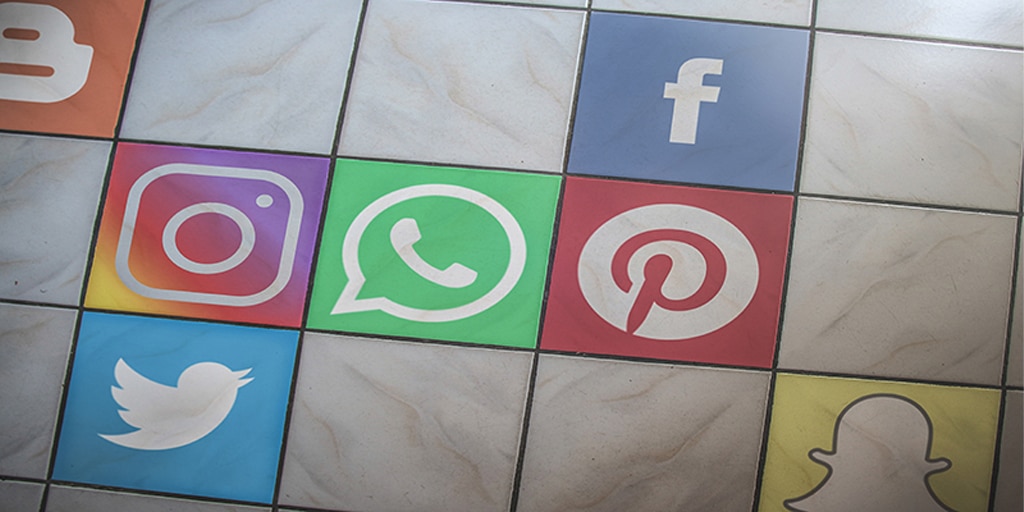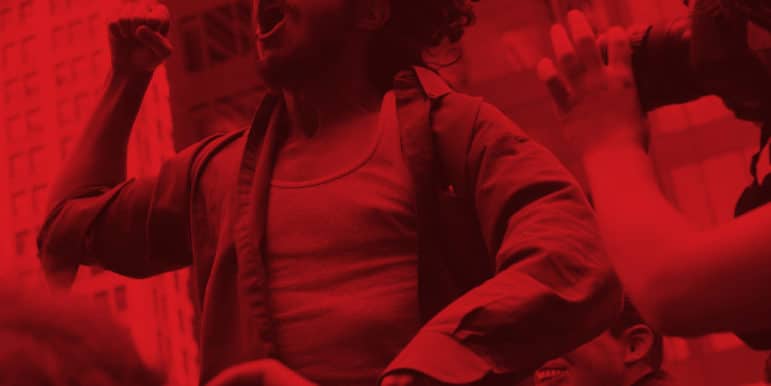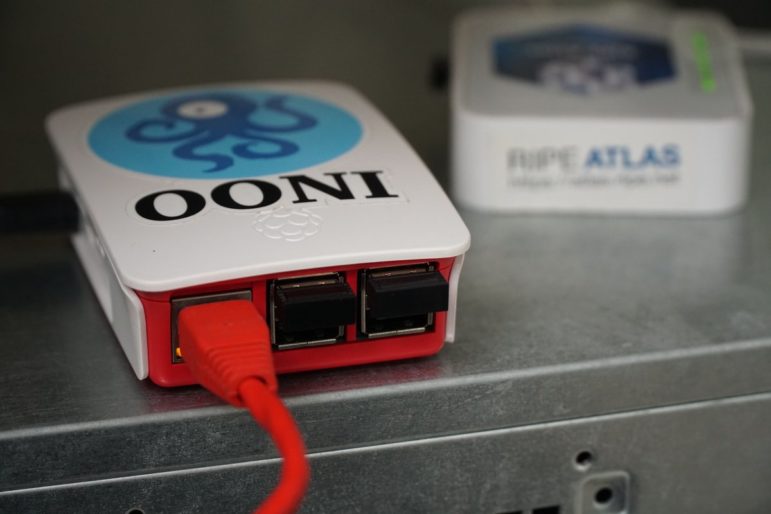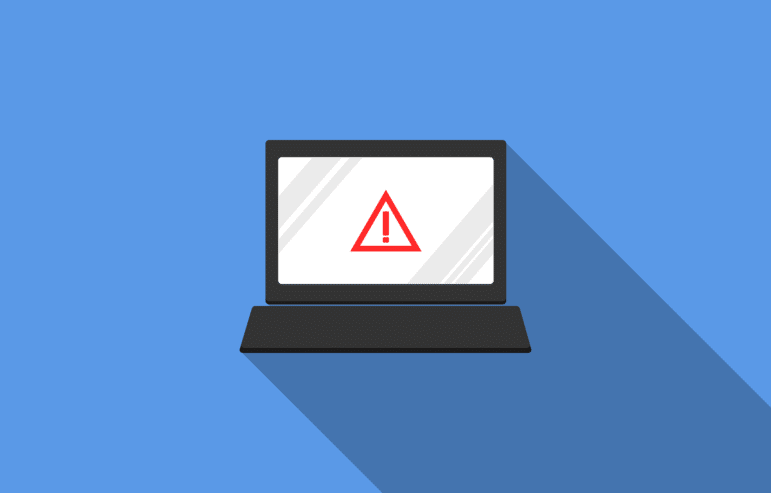
RUSSIA’S INVASION OF UKRAINE
Access Now stands with the people of Ukraine as they endure Russia’s large-scale military invasion targeting population centers across the country, alongside ongoing cyberattacks impacting critical services and infrastructure.
Digital right violations enable and escalate offline violence, and the calculated attacks targeting digital systems essential to people’s safety and wellbeing are unacceptable.
We also stand in solidarity with the activists, journalists, and human rights defenders in Russia and Belarus fighting to ensure people in their countries have access to the truth, as well as the platforms necessary to voice their dissent and mobilize for peace and democracy.
CIVIL SOCIETY ACTIONS

Cybersecurity
Cyberattacks on Ukraine’s infrastructure and civil society violate human rights
Following cyberattacks on Ukraine and its human rights defenders, we call on the international community to help protect people.

Content Governance
EU must keep people in and leaving Ukraine as safe, secure, connected as possible
Through an open letter, Access Now is calling on the EU to protect people in Ukraine, and those escaping the war to EU countries.
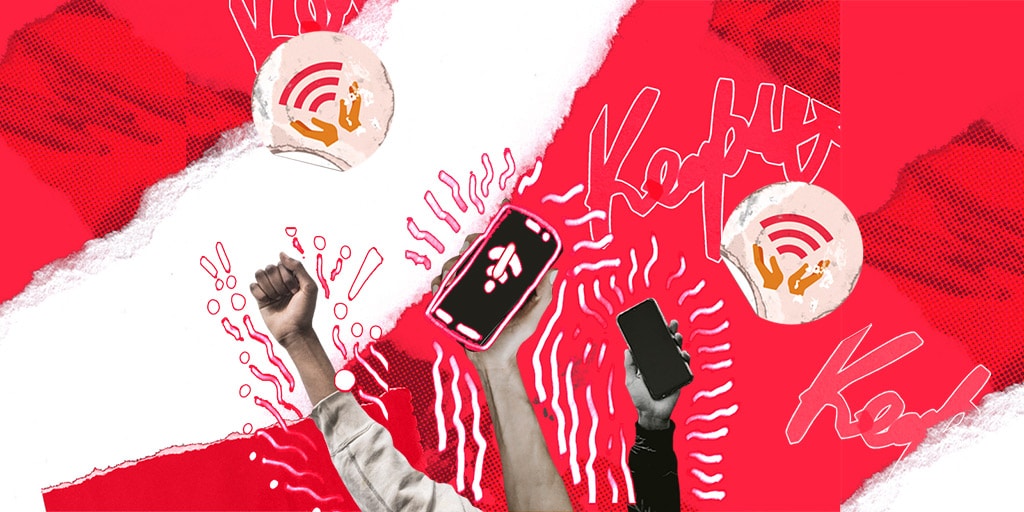
Digital Security
U.S. moves to keep the Russian people connected despite sanctions
In response to a coalition letter led by Access Now and the Wikimedia Foundation, the U.S. Treasury Department decided to exempt internet communications services from U.S. sanctions in Russia.

Freedom of Expression
What the tech sector can do to respect human rights in Ukraine, Russia, Belarus, and beyond
As the Russia-Ukraine crisis escalates to war, the tech sector must do more than merely comply with sanctions. Here are our recommendations for mitigating human rights harms.

Freedom of Expression
Don’t help Putin and Lukashenko silence anti-war voices
Despots like Putin and Lukashenko rule by isolating and lying to their people. Here are four strategies to fight disinformation and protect anti-war voices in Russia and Belarus.

Freedom of Expression
UK protects free flow of information amidst Russia sanctions
The UK government has listened to civil society’s assertion that blocking the flow of information in and out of Russia will strike a blow to the rights of millions.

Digital Security
#KeepItOn: How to stop internet shutdowns in Ukraine
Russia’s full-scale invasion of Ukraine includes cyberattacks and deliberate disruptions to the internet that are exacerbating the humanitarian crisis.
DIGITAL SECURITY GUIDES
ADDITIONAL RESOURCES
FAQS
WHAT DOES UKRAINE’S ONLINE SPACE LOOK LIKE?
Ukraine’s online space has been targeted by Russia through cyberattacks since before the war. It is believed Russian authorities have:
- Targeted Ukraine’s essential public service infrastructure through distributed denial of service (DDoS) attacks.
- Cut off online and mobile service in the occupied Kherson and replaced it with Russian services.
Authorities in Ukraine and beyond have responded by:
- Launching a national roaming service that allows subscribers to switch to other operators’ networks if they are unable to access their own operator’s.
- Engaging with international volunteer professionals to legally test information systems for the presence of vulnerabilities, also known as a Bug Bounty program.
- Opening up the use of SpaceX technology to everyone in Ukraine, previously only accessible to the military.
- Crowdsourcing digital evidence of war crimes.
- Launching the Keep Ukraine Connected project in partnership with NOG Alliance.
WHAT DOES RUSSIA’S ONLINE SPACE LOOK LIKE?
Online censorship and crackdowns on dissent voices have been escalating further in Russia since the beginning of war. Russian authorities have:
- Introduced a “fake news” law that punishes media, bloggers, and others for spreading information about the invasion that contradicts the official governmental position with heavy fines and up to 15 years imprisonment, forcing prominent independent media, including Nobel Peace Prize winning Novaya Gazeta, to close down or temporarily cease operations.
- Labeled Meta an “extremist organization,” outlawing Facebook and Instagram.
- Blocked Twitter and compelled TikTok to cease livestreaming or allowing new content to its video functions.
- Increased the list of banned VPNs.
- Blocked over 3,000 websites, including several news media websites, Amnesty International’s and Human Rights Watch’s websites.
- Demanded wikipedia remove information about the war in Ukraine.
Prior to Russia’s invasion of Ukraine, authorities had:
- Pressured Big Tech to censor the population during elections.
- Throttled social media platforms including Twitter.
- Blocked news media websites.
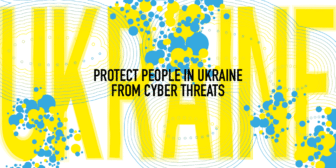
What they did in the shadows: Internet shutdowns and atrocities in Ukraine
Approaching two years since the full-scale invasion, we document the atrocities in Ukraine and the inflicted suffering on its people.
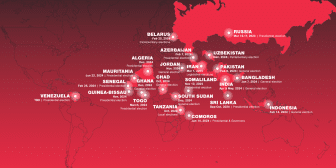
2024 elections and internet shutdowns watch
Governments around the world continue to shut down the internet during elections. Join our 2024 elections watch to #KeepItOn.
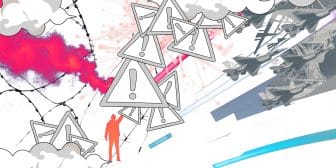
Content and platform governance in times of crisis: applying international humanitarian, criminal, and human rights law
This new report discusses the application of international humanitarian, criminal, and human rights law in content governance in crises.
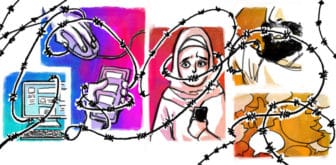
Joint Statement: Internet Governance Forum must reverse decision to make Saudi Arabia its next host
An IGF 2024 hosted by Saudi Arabia is incompatible with the event’s multistakeholder model, as human rights risks make robust civil society engagement impossible.
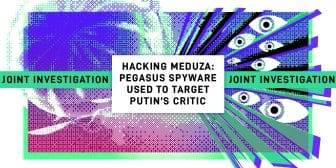
Exiled media under attack: Access Now documents first-time use of Pegasus against Russian journalist
A new investigation by Access Now and Citizen Lab reveals first-time use of Pegasus spyware against exiled Russian media.

Joint Statement: Passport and visa systems must not exclude members of the human rights community from cross-border convenings
These discriminatory systems prevent human rights defenders from coming together to advance their work, bring severe hardship and harm to those impacted, and unjustly place the heaviest burden on people from the Global Majority. Join us in taking a stand.

Internet shutdowns advance into 2023: #KeepItOn mid-year update
Access Now and the #KeepItOn coalition have identified at least 80 internet shutdowns across 21 countries in 2023 so far.
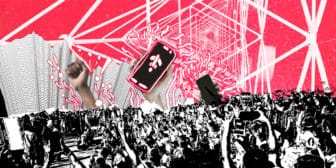
Who is shutting down the internet in 2023? A mid-year update
Since the beginning of 2023, governments around the world are discovering new reasons to disrupt internet access during key national moments.

Tech and conflict: a guide for responsible business conduct
This guide is meant to help tech companies think through the impacts of their decisions in the context of conflict.

Internet shutdowns in Eastern Europe and Central Asia: attacks on human rights
Access Now and the #KeepItOn coalition’s report unpacks internet shutdowns in Eastern Europe and Central Asia, and globally.

СИЛОҲИ НАЗОРАТ, СИПАРИ БЕҶАЗО: Масдудияти интернет дар соли 2022

БАҚЫЛАУ ҚҰРАЛЫ, ЖАЗАСЫЗДЫҚ ҚАЛҚАНЫ: Интернетті бұғаттаудың 2022 жылғы көрсеткіші

ОРУЖИЕ КОНТРОЛЯ, ЩИТЫ БЕЗНАКАЗАННОСТИ: Отключения интернета в 2022 году

ОРУЖИЕ КОНТРОЛЯ, ЩИТЫ БЕЗНАКАЗАННОСТИ: Відключення інтернету у 2022 році

Weapons of control, shields of impunity: Internet shutdowns in 2022

